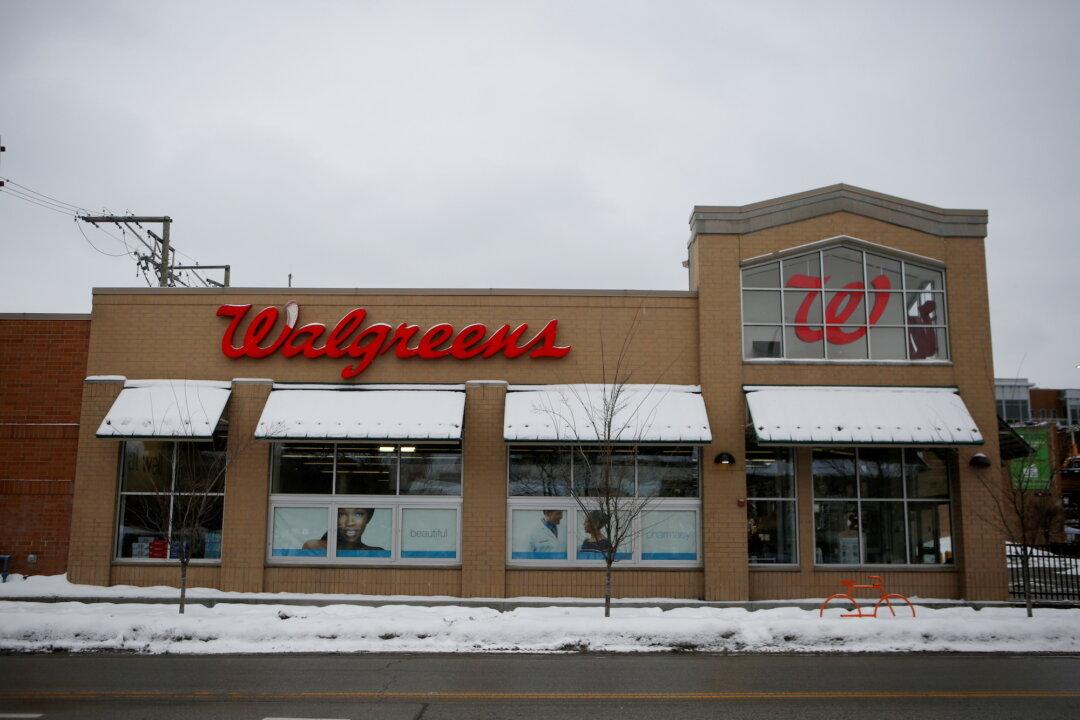A Walgreens in Chicago redesigned a store that would allow customers to browse only two aisles of products because of crime.
Customers can only access those shelfs after they pass through anti-theft detectors.

A Walgreens in Chicago redesigned a store that would allow customers to browse only two aisles of products because of crime.
Customers can only access those shelfs after they pass through anti-theft detectors.